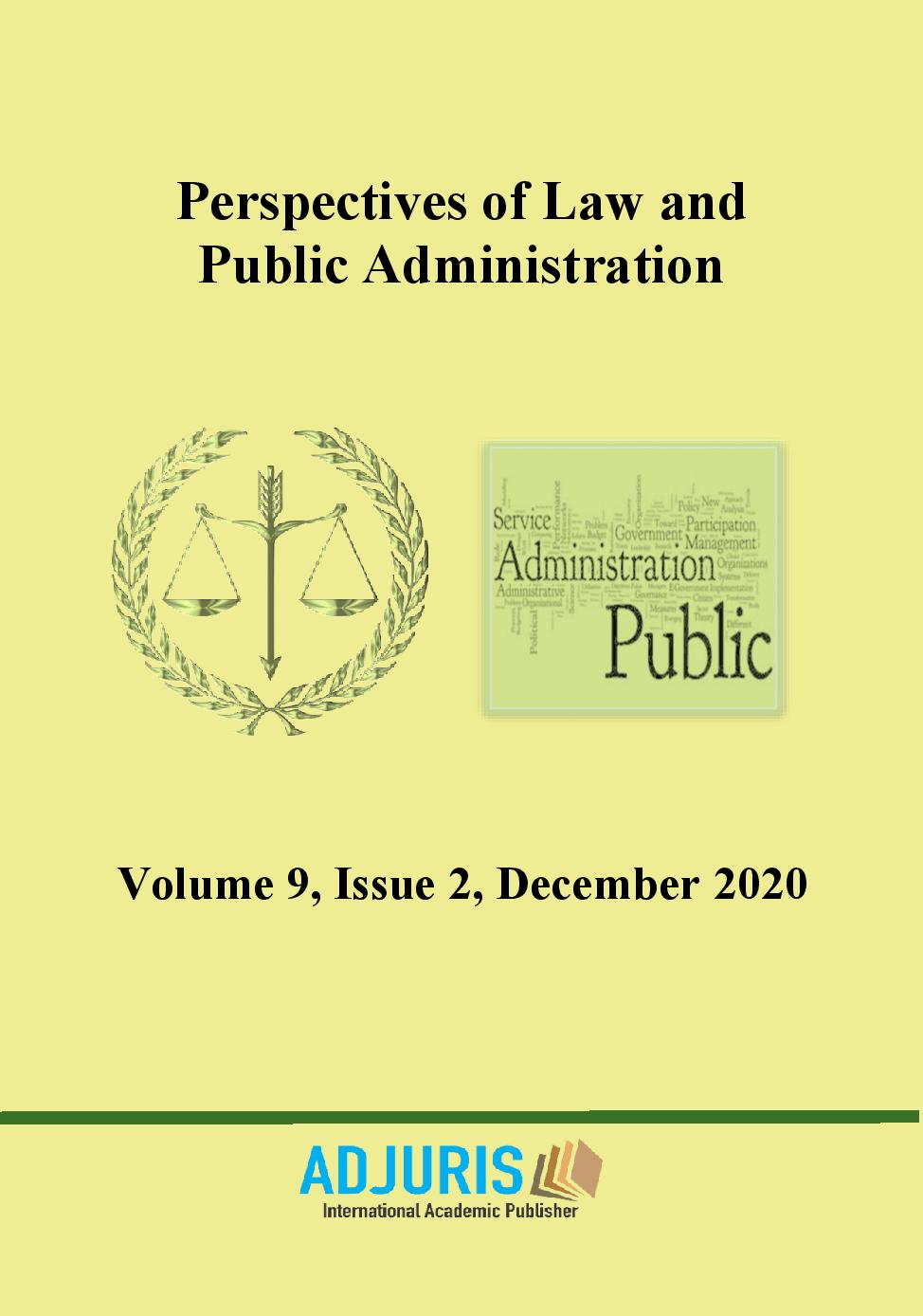LIMITATION BY THE NATIONAL COURT OF THE TEMPORAL EFFECTS OF THE FINDING OF THE NULLITY OF THE THRESHOLD CLAUSES OR OF THE TROJAN HORSE THAT DID NOT ENTER THE FORTRESS: GUTIÉRREZ NARANJO
LIMITATION BY THE NATIONAL COURT OF THE TEMPORAL EFFECTS OF THE FINDING OF THE NULLITY OF THE THRESHOLD CLAUSES OR OF THE TROJAN HORSE THAT DID NOT ENTER THE FORTRESS: GUTIÉRREZ NARANJO
Author(s): Gina Orga DumitriuSubject(s): EU-Legislation, Commercial Law, Court case
Published by: Societatea de Stiinte Juridice si Administrative
Keywords: abusive clauses; commercial law; Court of Justice of the European Union; mortgage loan;
Summary/Abstract: Not even the most optimistic scenario could have anticipated the impact of Directive 93/13/EEC on unfair terms on Member States' national law 25 years ago. The original formula arranged by the EU legislator (by resorting to the conditions constituting the triple test of establishing the abusive character - the lack of negotiation of the clause, the significant imbalance between the rights and obligations of the parties and the professional violation of the good faith requirement) was strengthened by the developments at the level of jurisprudence through the exercise by the Luxembourg Court of its interpretative function. The contribution of the Spanish courts to the detailing and refinement of the reading grid of the said Directive is significant. The judgment of the Grand Chamber of 21 December 2016 testifies to this “Spanish judicial activism” being pronounced following preliminary references made by the Juzgado de lo Mercantiln°1 of Granada and the Audiencia Provincial de Alicante by which the Court of Justice was called to clarify whether i) art. 6 para. (1) of Directive 93/13 must be interpreted as precluding national case-law which limits in time the restorative effects of the nullity of threshold as a result of their finding of abusive nature, ii) national courts may limit the retroactive effects of the nullity of thresholds by applying the criteria (in good faith and the risks of serious consequences) used by the Court of Justice to limit in time the effects of an interpretation of a rule of European Union law and whether iii) art. 6. para. (1) of the same directive and art. 47 of the Charter of Fundamental Rights of the European Union on the right to effective judicial protection are consistent with an automatic extension of the solution limiting the restitutive effects pronounced in a class action to an individual action finding a threshold clause declared abusive. The novelty of the case-law, however, lies in the unpredictable and misleading analogy used by the Spanish Supreme Court to limit the retroactivity of unfair terms by using the criteria applied by the Court itself to limit the effects of interpretation in its own judgments. No less, we will comment on the meanings related to the articulation between the collective action and the individual action, the Court having the possibility in the present case to refine the reasoning set out in Sales Sinués and Drame Ba regarding the legal nature and the relationship between the two actions. Finally, we will draw conclusions from the Court's silence this time regarding art. 47 of the Charter and the correct way in which it should be understood.
Journal: Perspectives of Law and Public Administration
- Issue Year: 9/2020
- Issue No: 2
- Page Range: 235-251
- Page Count: 17
- Language: English

